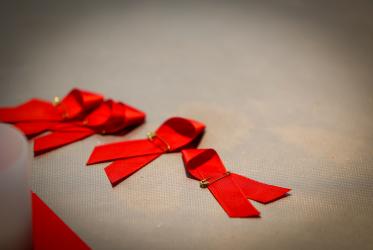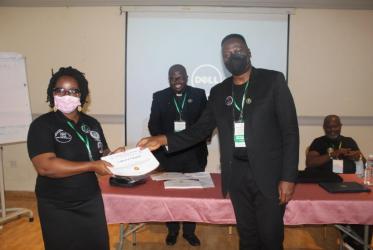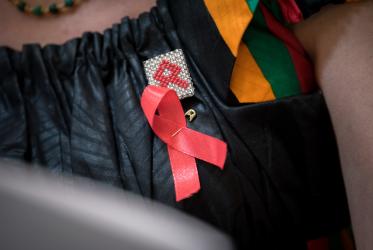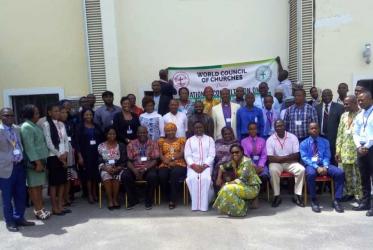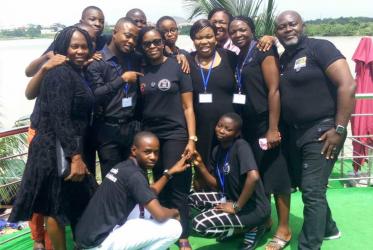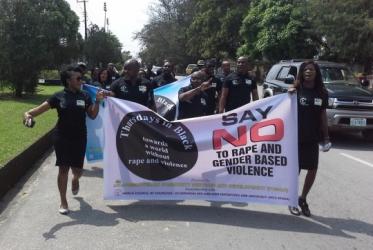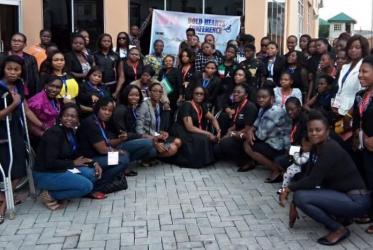Displaying 1 - 20 of 27
COVID-19 in conflict zones: “a crisis within another crisis”
27 November 2020
Young people in Togo: “Hear our voice! We want to tell our stories!”
07 November 2019
Knowledge of gender roles deepens in Togo
03 June 2019
Young people in Nigeria focus on positive masculinity, femininity
14 December 2018
In Nigeria, Thursdays in Black is flourishing
26 March 2018
Youth engagement fundamental to HIV response
18 April 2017

